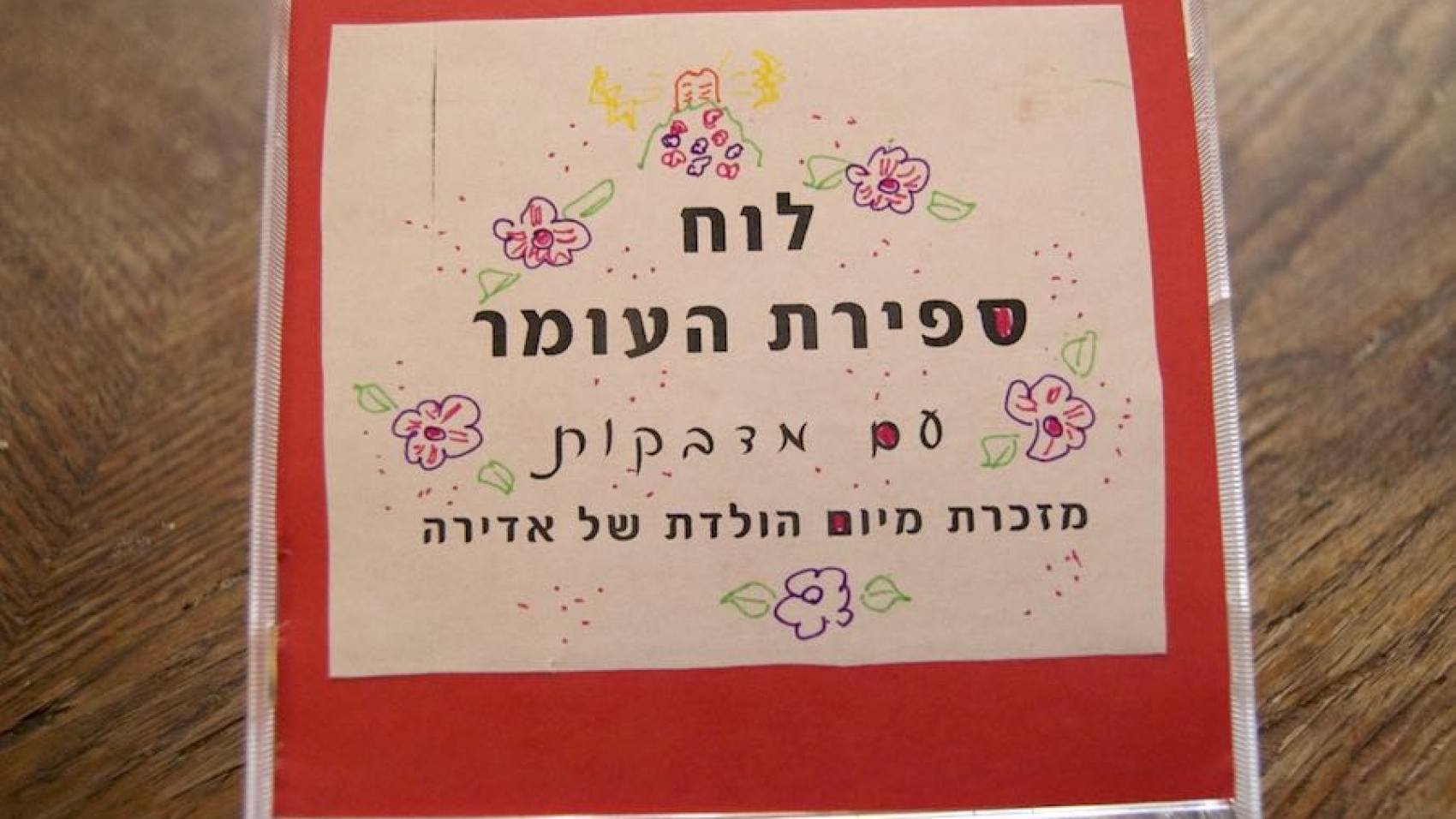

Rather, says the Ramban, kedushah is about how you behave with that which is permissible to you. Any decent human being with a sense of self-dignity should be able to practice some self-control and avoid “bad stuff” no matter how much he feels like partaking of it. In other words, explains the Ramban, kedushah-holiness-is not merely about how you deal with that which is forbidden to you. Says Parashas Kedoshim: not if you are a pursuer of holiness. What the Ramban means is that one might think that he can eat like a glutton as long as the food is “Glatt Kosher,” and that he can drink as if there is no tomorrow as long as he imbibes kosher spirits. Well, actually, it is not with the permission of the Torah since the Torah never permits disgusting behavior. Being holy, says the Ramban, is a matter of not being a menuval b’reshus HaTorah, a “disgusting person with the permission of the Torah.” Avoiding that which is forbidden has been the preparation for discussing what it means to be holy, and this is why it is only now that the topic is being addressed.īut what is left after having discussed all the forbidden foods and relationships? From what else can one separate himself to become holy? The Ramban explains: from that which is permissible. The Ramban explains that everything the Torah taught until now was just to reach the point that we could start talking about being holy. Why introduce the mitzvah to be holy here, and not at the beginning of the book, or at the end of it? The Ramban’s answer is in response to a question he has on this week’s parshah, which is basically: Until this point in Sefer Vayikra we have been learning about that which makes a person holy: avoiding impure foods, abstaining from forbidden relationships, etc. The answer comes from a well-known Ramban, but not one that many people quote when it comes to understand the concept of holiness. But from what? What is the “something” from which a person in search of holiness must separate himself?

When someone separates himself from something, he becomes holy.

For example, a large part of the holiness of Shabbos is that it was “separated” from the six profane working weekdays. On a metaphysical level, as the Maharal explains, the Hebrew word for holy-kodesh-tells you that to be holy is to be separate. Obviously this obvious concept is not so obvious. Some people will say, “Obviously.” Others will cringe and say, “Not for me.” Others may simply be intrigued and say, “What does it mean to be holy?” After all, bloody crusades were called “holy,” as is Jihad. Speak to the entire congregation of the Children of Israel and tell them, “Be holy, for I, your God, am holy.” (Vayikra 19:2) As to exactly what that preparation is we need look no further than the second verse of this week’s parshah: For one it is a “count-up” to Shavuos and the giving of Torah (as opposed to counting down which indicates a desire to end something), showing our enthusiasm to receive Torah, and to help us maintain that enthusiasm throughout the 49 days.Īnother reason is because by counting the omer we spiritually prepare ourselves to receive Torah, something that requires a lot of preparation. Without a Temple we can no longer bring the Omer-Offering but we count the 49 days nevertheless, for a couple of reasons. This permitted the harvesting of the new crop of wheat that had grown in the previous year until then. The mitzvah is to verbally count each of the 49 days between the holidays of Pesach and Shavuos, beginning on the second day of Pesach when, in Temple times, the Omer sacrifice containing an omer of barley was offered in the Temple. We began, as we do each year, on the second night of Pesach and we will continue, God willing, for 49 days altogether after which we will celebrate the holiday of Shavuos and the giving of Torah. God told Moshe, “Speak to the entire congregation of the Children of Israel and tell them, ‘Be holy, for I, your God, am holy.'” (Vayikra 19:1-2)


 0 kommentar(er)
0 kommentar(er)
